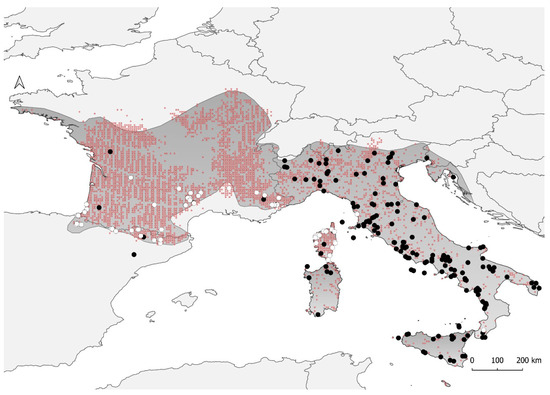Our results show that providing refuge may mitigate the negative effects of woody crops intensification on reptile communities. Leer más.







Our results show that providing refuge may mitigate the negative effects of woody crops intensification on reptile communities. Leer más.

Our study highlights S. salamandra as a bimodal reproductive species that offers exceptional opportunities to understand the evolution of viviparity. Leer más.

Species with long larval periods such as the endangered Moroccan spadefoot toad and the sharp ribbed newt might be more vulnerable to climate change since they need longer hydroperiods to develop. However, widespread species with shorter hydroperiods such as the Mauretanian toad or the stripeless tree frog might be favoured. Leer más

This COI barcoding library provides an almost complete and reliable reference library for Western Palearctic amphibians. We highlight the importance of generating comprehensive and well curated reference libraries that include intra- and interspecific genetic variability and the need of detailed taxonomic revision when ambiguous or incorrect DNA barcodes exist. Leer más.

his study contributes to our knowledge of H. viridiflavus’ historical biogeography and sheds more light on the evolutionary processes that took place in the Mediterranean Basin hotspot. Leer más.
